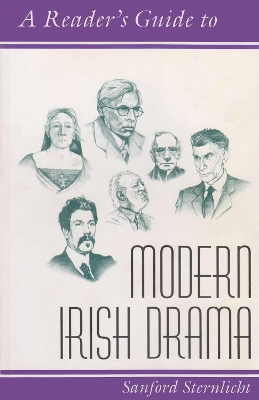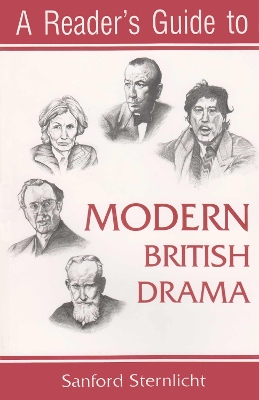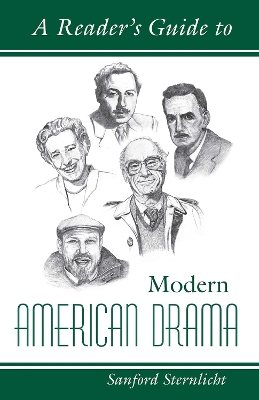Reader's Guides
3 total works
A Reader's Guide to Modern Irish Drama provides an introduction to one of the great dramatic and theatrical traditions of Western culture. As a comprehensive contemporary study of Irish Drama, the book includes the most recent and youngest playwrights working today at the Abbey, Druid and Lyric Theatres. Beginning with essays on 20th-century Irish history, The Irish Literary Theatre and the development of the Modern Irish Theatre in Dublin, Belfast, Galway and other cities, ""A Reader's Guide to Modern Irish Drama"" then presents biographies and bibliographies of over 25 major 20th-century Irish dramatists from Lady Gregory, Yeats and Synge through O'Casey, Beckett and Behan; from Friel and McGuinness to Marina Carr and Martin McDonagh. Perhaps most significantly, the guide discusses the important plays of all the playwrights included, and the major themes of Modern Irish Drama including: the struggle for independence, the cruelty of poverty, the pains of emigration and exile, the decline of the Anglo-Irish Ascendancy, the power of religion, the longing for land, and the familial and gender conflicts of a people in transition. Finally, a selected bibliography for the study of Modern Irish Drama is included.
Beginning with its antecedents in the melodrama and farces of the Victorian era, the subject of his latest Reader's Guide continues the discussion of the maturation of British drama into a theater of ideas and on to the vital feminist drama that is currently energizing the present London theater. This book will be a useful tool for readers wishing to know more about Britain's great dramatic tradition and vital contemporary theater, for students pursuing in drama studies, and for libraries in need of an accessible reference work on this perennially interesting subject. Sanford Sternlicht reveals the influences of modern history and psychology on British drama; the allimportant influence of Irish dramatists like Wilde, Shaw, O'Casey, and Beckett; the significance of the Independent Theatre of J. T. Grein and the early Royal Court Theatre; the gay community's contribution to the British theater; the powerful, new feminist drama; and the British festival theater.
This is a comprehensive survey of modern American drama beginning with its antecedents in Victorian melodrama through to the present. The author discusses the work and the achievement of more than 70 playwrights, from Eugene O'Neill to Susan-lori Parks - from the golden era of Broadway to the rise of Off-Broadway and regional theatre. He shows how world theatre influenced the American stage, and how the views of American dramatists reflected the great American social movements of their times. In addition, he describes the contributions of the early Experimental theatre, the Federal Theatre of the 1930s, African American, feminist, and gay and lesbian drama - and the joyous trends and triumphs of American musical theatre.


